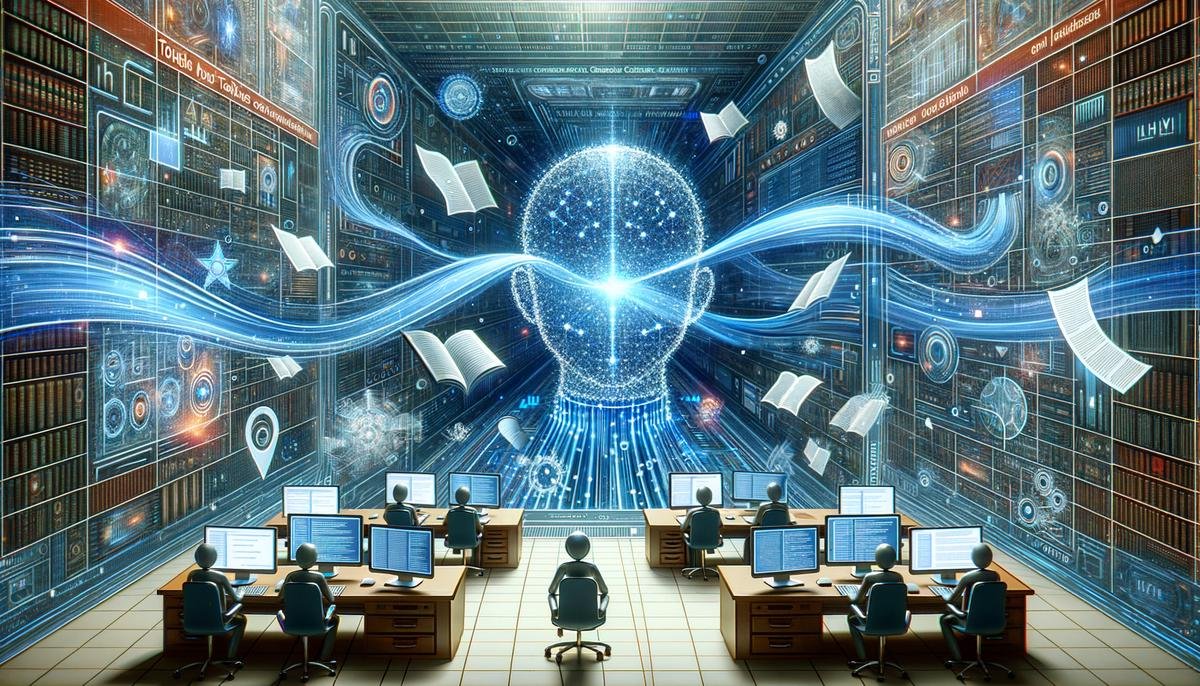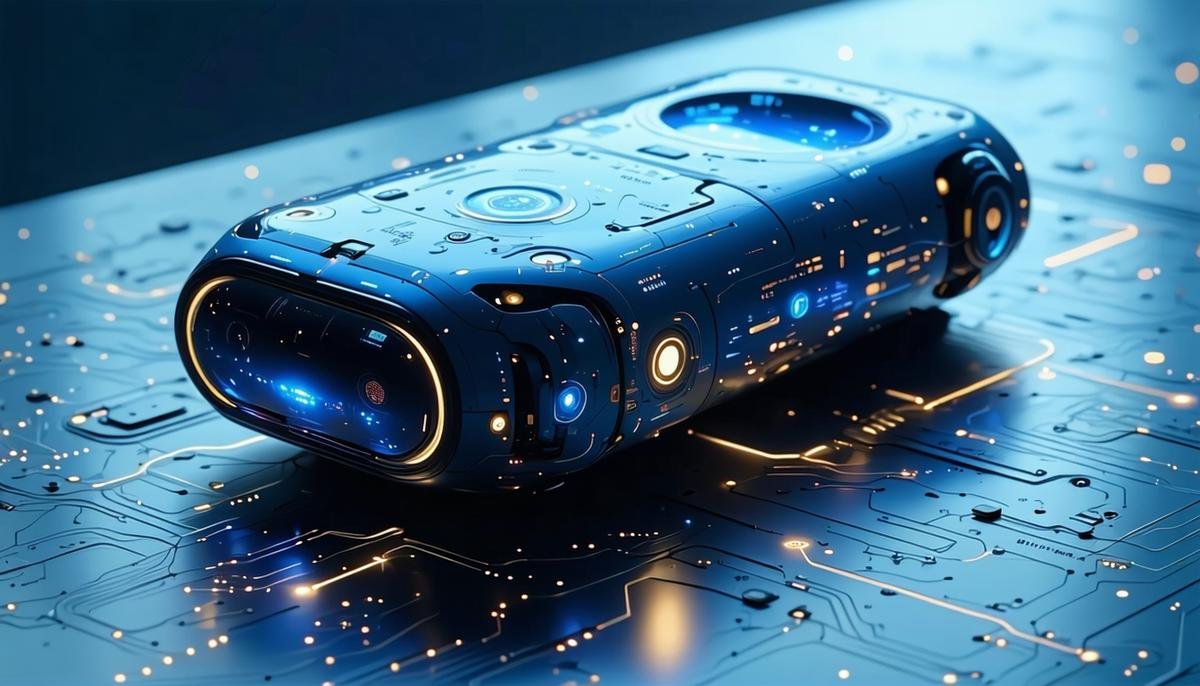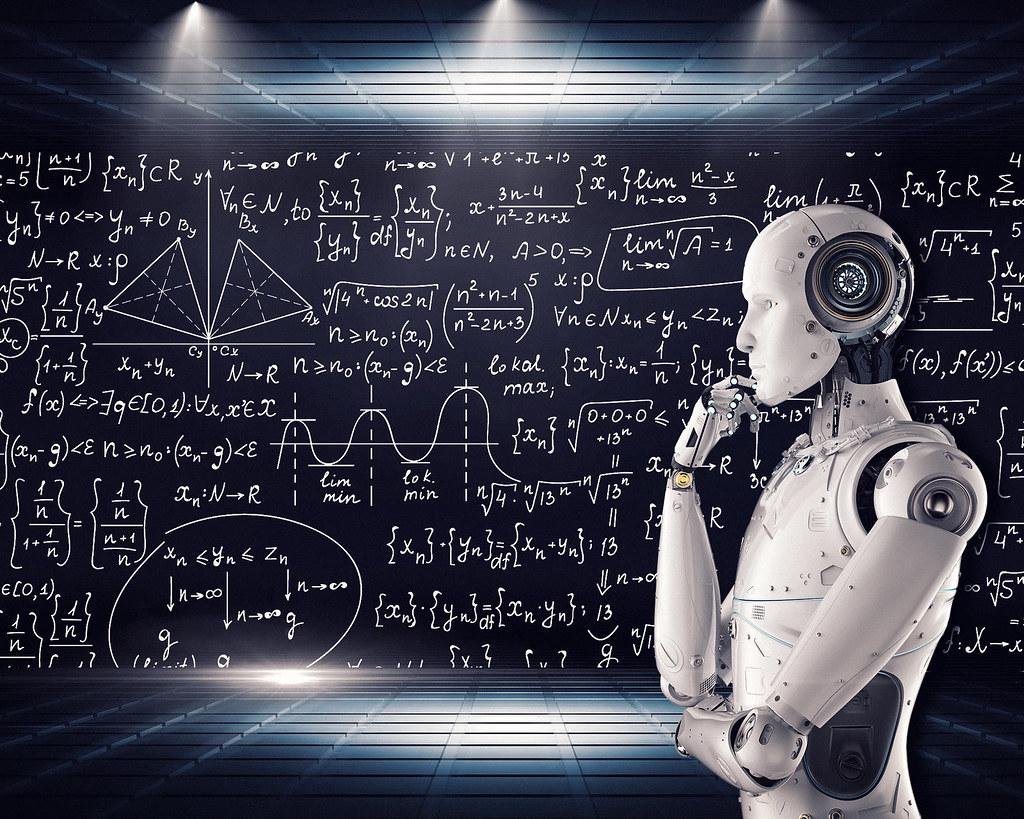OpenAI's Latest Developments
OpenAI has introduced GPT-4 Turbo with a remarkable 128K token context window, offering faster and more cost-effective data processing. This upgrade is particularly useful for analyzing large documents like legal texts or coding manuals.
The company has also launched the ChatGPT Store, a marketplace for AI applications. This platform provides opportunities for developers and entrepreneurs to create and sell AI-based solutions.
OpenAI's Assistants API enables the creation of custom AI assistants across various industries, lowering barriers to AI development.
The company is expanding into multimodal AI, integrating language, imagery, and voice:
- DALL·E 3 enhances image generation capabilities
- Whisper V3 improves voice interactivity
In related news, Meta Platform's Ray-Ban smart glasses have sold over a million units, demonstrating growing consumer interest in AI-enabled wearable technology.

Impact on Industries
ChatGPT is transforming various industries:
| Industry | Impact |
|---|---|
| Education | Serves as a virtual teaching assistant, personalizing learning experiences and providing rapid feedback to students. |
| Healthcare | Handles administrative tasks, supports patient interactions, and provides quick access to medical data for informed decision-making. |
| Customer Support | Offers timely and efficient responses to customer queries, reducing wait times and improving service quality. |
| Creative Industries | Writers, artists, and filmmakers use ChatGPT for idea generation and refinement, enhancing their creative processes. |
Overall, ChatGPT's integration into these fields aims to enhance human capabilities rather than replace human workers, potentially improving productivity and job satisfaction.
AI Hardware and Future Prospects
OpenAI, in collaboration with designer Jony Ive, is developing new AI-integrated hardware. Their goal is to create a device that surpasses conventional smartphones, focusing on voice interactions and augmented reality.
This project faces significant challenges, including:
- Competition from established tech giants like Apple and Samsung
- Need to offer both cutting-edge AI capabilities and practical everyday utility
- Addressing privacy concerns and regulatory challenges
The concept of AI-driven augmented reality glasses as a smartphone replacement represents a potential shift in how we interact with technology. These developments could lead to a new frontier in personal technology, where AI anticipates and enhances user experiences in ways currently not possible with existing devices.

Economic and Business Implications
AI has the potential to significantly boost productivity across industries by automating routine tasks, analyzing large datasets, and offering innovative solutions. This could lead to economic growth similar to past technological revolutions.
"We hope that you'll come back next year. What we launch today is going to look very quaint relative to what we're busy creating for you now." – Sam Altman, OpenAI CEO
However, concerns about job displacement due to AI automation persist. Businesses and governments need to develop strategies to mitigate potential job losses and support workforce reskilling.
Organizations face the challenge of effectively integrating AI into their operations. Those that successfully implement AI solutions may gain competitive advantages in efficiency and innovation.
The adoption of AI also presents technical challenges, including:
- The need for advanced semiconductors
- Increased data center capacity
- Regulatory oversight shaping AI's integration into business practices
As AI technology matures, it's likely to transform how businesses operate, potentially creating new economic models and opportunities.

OpenAI's developments in AI technology are increasingly integrating into daily life, potentially enhancing human capabilities and experiences. These advancements represent a shift in how we interact with technology and may shape future innovations across various sectors.
- Acemoglu D, Restrepo P. The wrong kind of AI? Artificial intelligence and the future of labour demand. Cambridge J Regions Econ Soc. 2020;13(1):25-35.
- Goldman Sachs. Generative AI: A Game Changer for Productivity Growth. Goldman Sachs Research. 2023.
- International Monetary Fund. Generative Artificial Intelligence: Implications for the Labor Market. IMF Working Paper. 2023.
- Pew Research Center. The Role of Artificial Intelligence in the Job Market. Pew Research Center. 2023.




